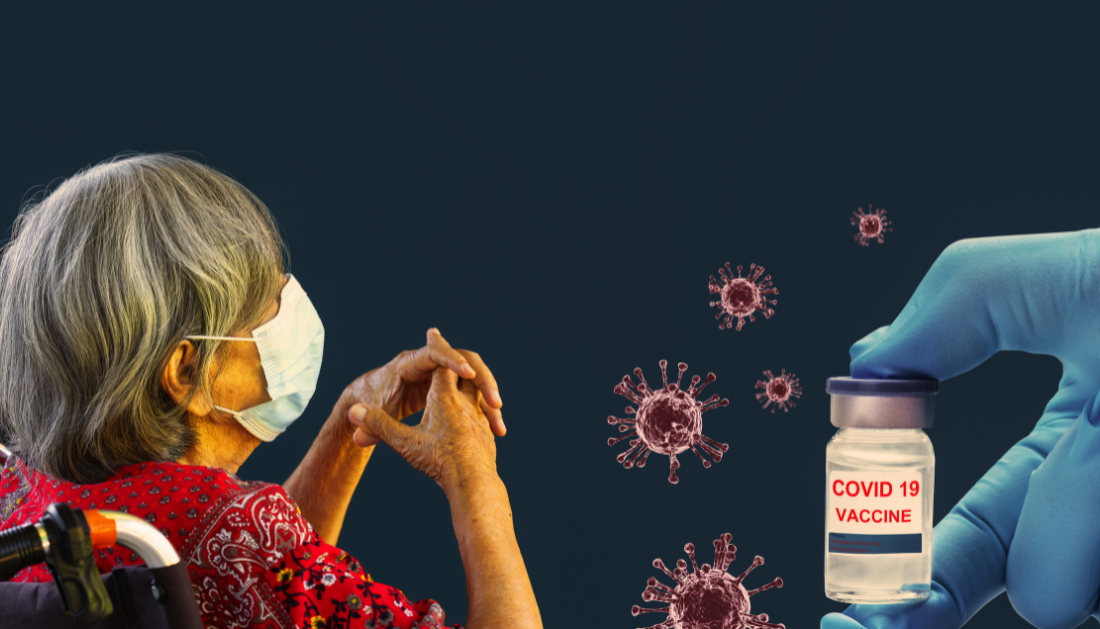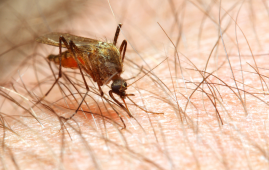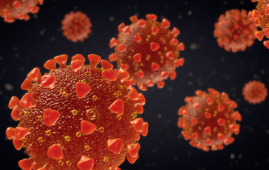

A team of international researchers led by the Max Delbrück Center for Molecular Medicine in Berlin has identified distinct immune responses in myocarditis caused by COVID-19, mRNA vaccines, and non-COVID-19 viral infections. The findings, published in Nature Cardiovascular Research, could lead to more targeted and personalized treatments for heart inflammation.
Understanding Myocarditis and Its Causes
Myocarditis, or heart inflammation, can result from viral infections, autoimmune disorders, and, in rare cases, vaccines. While COVID-19 is primarily a respiratory disease, it has been linked to cardiac injury and inflammation, particularly in children and young adults.
The Hübner lab at the Max Delbrück Center, in collaboration with Charité – Universitätsmedizin Berlin, utilized single-nucleus RNA sequencing (snRNA-seq) to analyze heart tissue from patients with different types of myocarditis. Their goal was to determine how immune activation varied based on the underlying cause.
Key Findings: How COVID-19 and Vaccines Differ in Immune Response
- Post-COVID-19 Myocarditis: Elevated levels of CD8 T-cells, which appeared more aggressive than in other forms of myocarditis. Researchers also found a unique T-cell population previously only observed in severe COVID-19 patients.
- Post-Vaccine Myocarditis: Higher presence of CD4 T-cells, with overall milder inflammation compared to myocarditis caused by SARS-CoV-2 infection.
- Non-COVID-19 Myocarditis: A balanced CD4/CD8 T-cell ratio, with immune activation patterns differing from both post-COVID-19 and post-vaccine myocarditis.
These findings suggest that post-COVID-19 myocarditis triggers a stronger immune response, while vaccine-associated myocarditis is typically less severe.
Implications for Future Treatments
By identifying specific immune pathways in different types of myocarditis, researchers hope to develop targeted therapies to better manage inflammation and reduce complications.
Professor Norbert Hübner emphasized that understanding these differences could lead to improved diagnostic and treatment strategies, potentially helping control vaccine-related side effects and tailor therapies for virus-induced heart inflammation.
This study highlights the potential of single-cell sequencing in advancing precision medicine, paving the way for better cardiac disease management.
More Information: Maatz, H., et al. (2025). The cellular and molecular cardiac tissue responses in human inflammatory cardiomyopathies after SARS-CoV-2 infection and COVID-19 vaccination. Nature Cardiovascular Research. doi.org/10.1038/s44161-025-00612-6.
more recommended stories
 Rising Chagas Parasite Detected in Borderland Kissing Bugs
Rising Chagas Parasite Detected in Borderland Kissing BugsKey Takeaways (At a Glance) Infection.
 Urine-Based microRNA Aging Clock Predicts Biological Age
Urine-Based microRNA Aging Clock Predicts Biological AgeKey Takeaways (Quick Summary) Researchers developed.
 Ultramarathon Physiology: What HCPs Should Know?
Ultramarathon Physiology: What HCPs Should Know?Ultramarathon Metabolism: What Happens to the.
 Sterilized Fermented Beverage for Obesity: New Evidence
Sterilized Fermented Beverage for Obesity: New EvidenceEarly Insights Into a Sterilized Fermented.
 New Malaria Prevention Insights From African Biostatistics
New Malaria Prevention Insights From African BiostatisticsHow New Data Is Reframing Malaria.
 Ultra-Processed Foods in Mediterranean Youth: Risks
Ultra-Processed Foods in Mediterranean Youth: RisksThe Mediterranean region is widely recognized.
 Plant-Based Pet Food Cuts Carbon Footprint – Study finds
Plant-Based Pet Food Cuts Carbon Footprint – Study findsThe Growing Environmental Burden of Pet.
 Study Reveals Cold May Impact SARS-CoV-2 Infection Rates
Study Reveals Cold May Impact SARS-CoV-2 Infection RatesThe Unexpected Protective Role of Rhinoviruses.
 Ultra-Processed Foods May Harm Brain Health in Children
Ultra-Processed Foods May Harm Brain Health in ChildrenUltra-Processed Foods Linked to Cognitive and.
 Children’s Health in the United States is Declining!
Children’s Health in the United States is Declining!Summary: A comprehensive analysis of U.S..

Leave a Comment